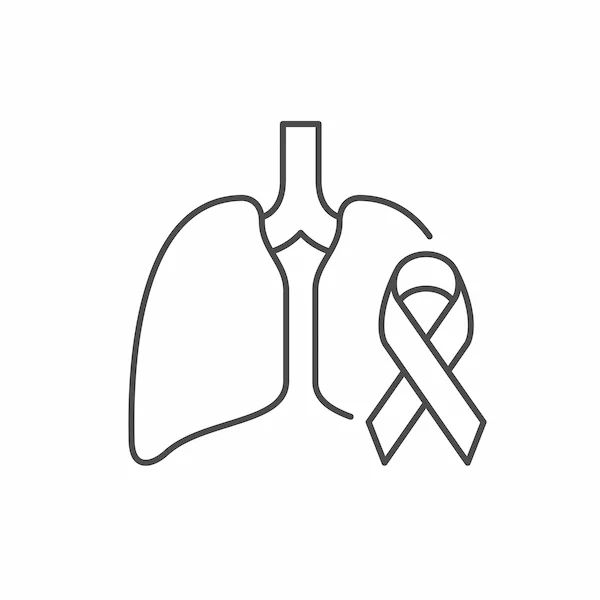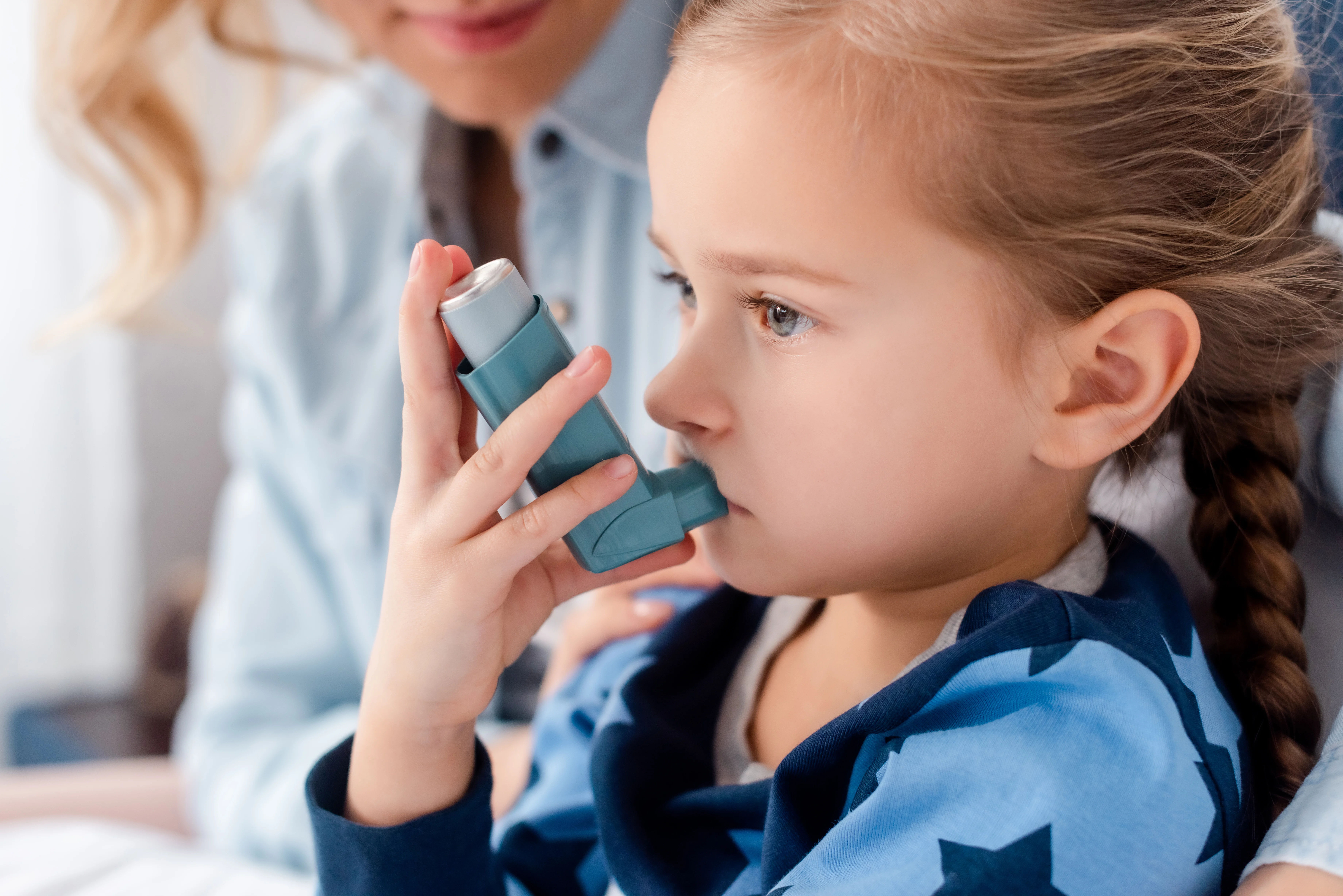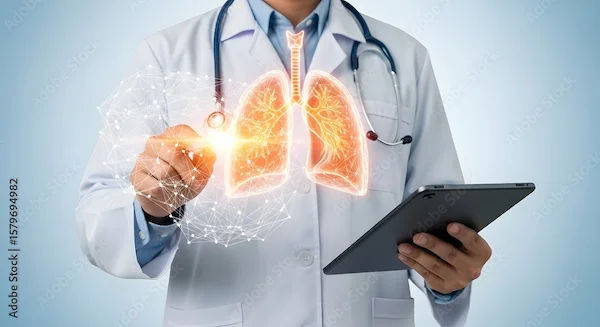- Male
- 34 Years
- 22/01/2025
I'm really concerned about my husband. He tested positive for COVID-19 back on May 17, 2021, and it's been over three months since then. On May 24th, a CT scan showed he had 25% lung involvement. He was on oxygen support for a month and got discharged on June 22, 2021, so it's been about two and a half months now. His oxygen level is around 98-99 when he's just sitting, but when he does brisk walking or climbs stairs quickly, his breathing gets faster for a couple of minutes, and then settles back down. During this time, his oxygen saturation levels drop to about 89-93 for a few seconds before going back up to 99 and staying there. Is this something we should be worried about? Also, he sometimes gets a dry cough a few times a day and feels a mild chest pain then. His respiratory rate is around 20-22 bpm. Are these symptoms normal or is there something we should be looking into? I'm really anxious about all this.
More Pulmonology/ Respiratory Medicine Health Queries
View allI'm currently undergoing TB treatment, and it's been about three weeks. I've been feeling really weak and lethargic, I've lost some weight, and I'm experiencing fever, chills, and a tight feeling in my chest. Also, my alkaline phosphate level is up to 129 uL. I'm just wondering if there's a way to get better results or faster relief with my treatment. Any advice or suggestions would be appreciated.
Sputum for AFB,microscopy ,complete blood count,esr,C-reactive protein,and x-ray chest is advised to the patient.
Answered by 1 Apollo Doctors
I've been having trouble with my nose getting blocked every morning around 5 a.m. for the past few days. I'm currently taking Telma 20 mg and Montair R10 once a day in the morning, along with using the Seretide 500 inhaler twice a day. Could any of these meds be influencing my symptoms, or is there something else going on? Any idea why this might be happening?
take otrivin nasal spray , as and when required
Answered by 1 Apollo Doctors
I've been diagnosed with tuberculosis and they've also found fibrotic band opacities in my lungs. Is this the same as lung fibrosis, and if so, does it get worse over time? I'm really freaking out about this and would appreciate any insights.
Tuberculosis and fibrotic band opacities are not the same as lung fibrosis, although they can be related. Tuberculosis is an infectious disease caused by Mycobacterium tuberculosis, while fibrotic band opacities are a type of scarring that can occur in the lungs due to various reasons, including infections like tuberculosis. Lung fibrosis, on the other hand, is a specific condition characterized by progressive scarring of the lung tissue. In your case, it is important to follow up with your healthcare provider for proper evaluation and management.
Answered by 1 Apollo Doctors
Disclaimer: Answers on Apollo 247 are not intended to replace your doctor advice. Always seek help of a professional doctor in case of an medical emergency or ailment.






